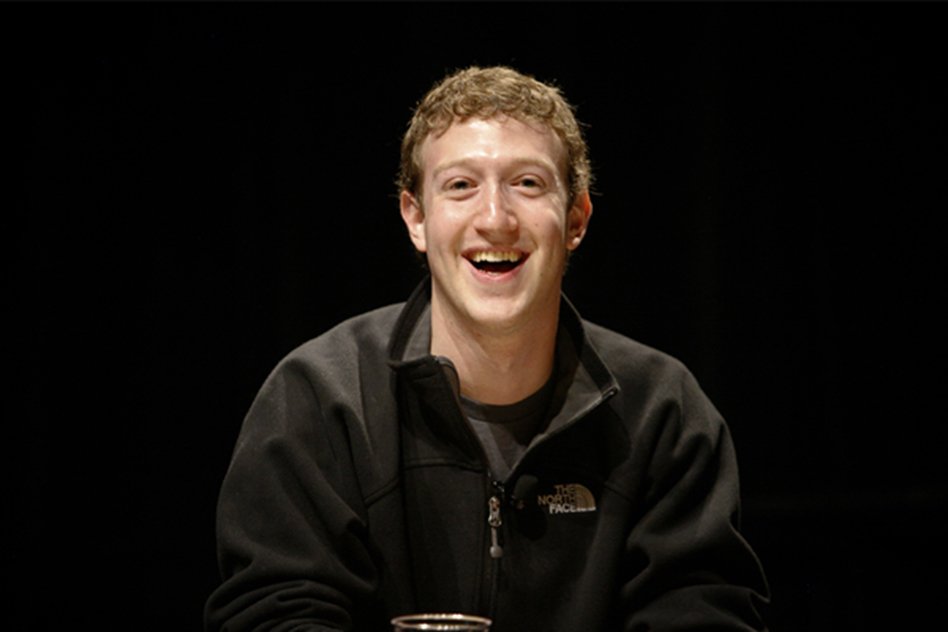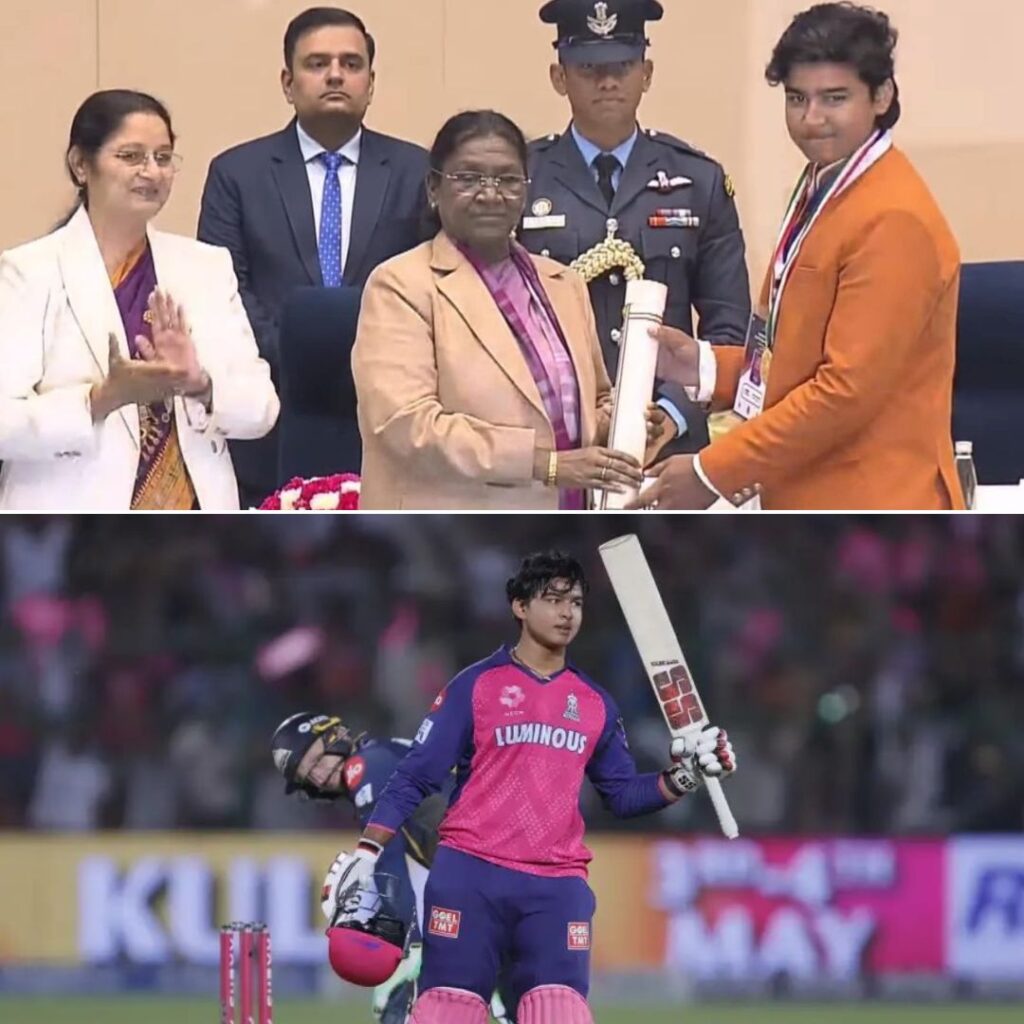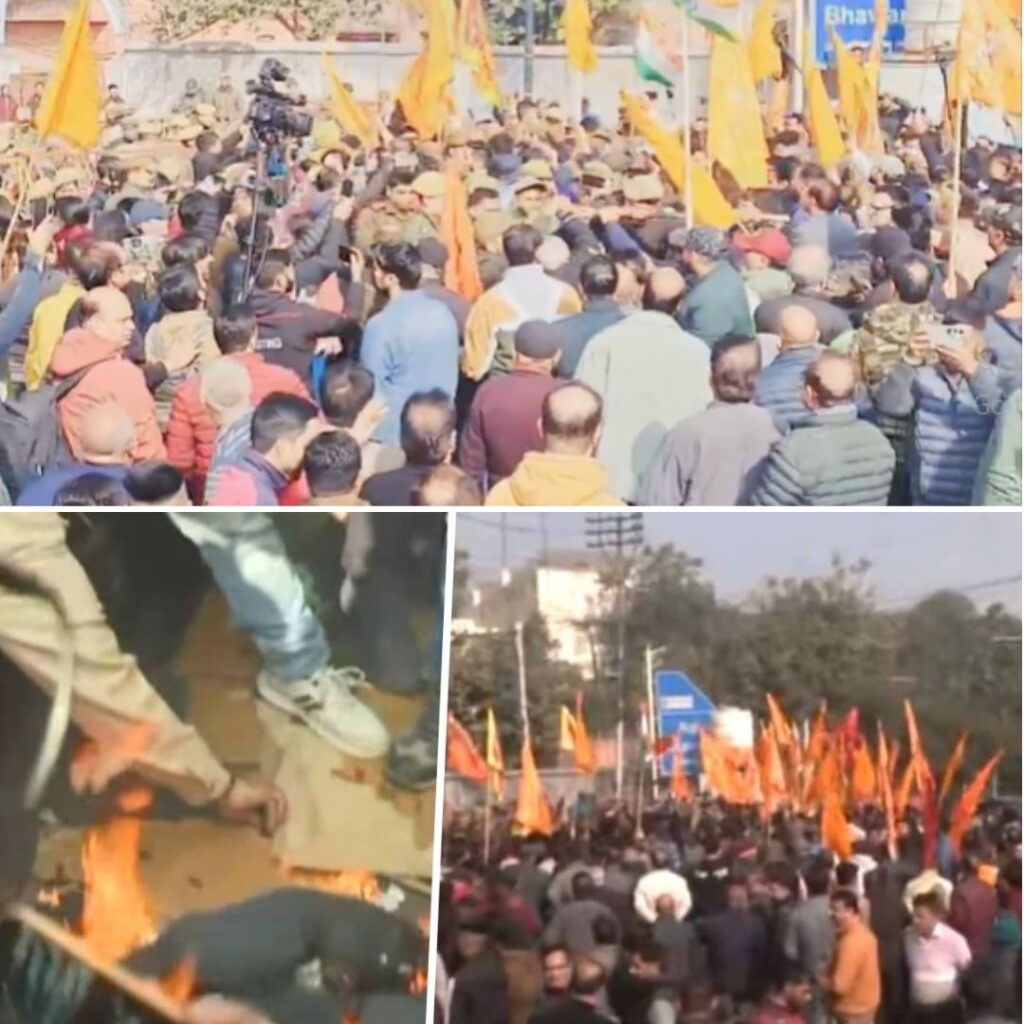Image Source: volpeypir
The net neutrality debate in India:
India does not have any laws that enforce net neutrality. Net neutrality became a topic of discussion in the country in November 2014 when TRAI (Telecom Regulatory Authority of India) began investigating Airtel for offering lower data rates for sites like WhatsApp and Facebook. In December 2014, Airtel changed its service charges for voice calls which were excluded from the set amount of free data purchased by the customer. The move instigated a lot of criticism over the violation of net neutrality and that was when TRAI announced that it would be releasing a consultation paper on the issue to avail valuable input from the public on net neutrality. TRAI issued its first consultation paper on Regulatory Framework for Over-the -Top (OTT) services.
Meanwhile, Facebook joined hands with Reliance Communications and launched the Internet.org which aims to provide free access to a few websites including Facebook through an app. This violated net neutrality in principle as only a select part of the internet would be available for free which would favor usage of only the free sites thereby preventing the growth of start-ups and tearing the internet into pieces. Facebook then came up with the proposition of Free Basics which was nothing but Internet.org carrying a different tag. On December 9th, 2015, TRAI asked for the ideas and opinions of people through another consultation paper on differential pricing for internet services that contained four questions which were to be submitted by the 31st of the month.
Video: Know in 2 minutes the journey of Free Basics and lesser known story about Facebook
The consultation paper on differential pricing:
As of 31st December 2015, about 18.27 lakh responses were received by TRAI that included those sent through Facebook. Almost 8.9 lakh responses were supporting Free Basics that only had the phone number of the respondent as it had been sent through Facebook whereas 5.44 lakh comments were received through the Facebook mail. The major reason for a large number of responses emanating through Facebook is that the social-networking site started running a huge campaign with extremely biased and one-sided opinions to propagate support for its new venture- Free Basics. When TRAI issued the consultation paper on differential pricing, Facebook lashed back by getting people to send emails to TRAI with their designed templates that supported Free Basics and in no way answered the questions posed by the consultation paper. A huge number of Facebook users fell for this ploy as Free Basics was posed as a “good cause” that enables the poor of the country. The resulted into an opinion poll of whether people supported Free Basics or not.
This lobbying effort by Facebook was not taken well by TRAI which anticipated comments on specific issues rather than a template provided by Facebook. This led to the extension of the deadline for submission of comments till January 7th, 2016. The Chairman of TRAI, Ram Sewak Sharma, said, “It is like we have asked Question X and they have given an answer to the Question Y.” Sharma also said that they were not sure what to make of the responses that they had received regarding the Free Basics product. They decided not to consider them as they did not answer the specific questions of the consultation paper. Sharma said that the authority had decided to reply to some of the email ids that they had access to from which they had received template responses, asking them to send their answers to the specific questions raised by TRAI. “Consultation by TRAI are not opinion polls, we are not asking if yes or no because that does not help us. We are asking why you think it is yes or no because that helps us in formulating the policy guidelines. To all those whom we can approach, we will try to reach them,” Sharma said.
The reason for the extension of the deadline was to ensure that appropriate answers were received and everyone had a chance to voice their thoughts.
The current numbers and why they don’t tell you the right story:
Currently out of the 24 lakh responses sent to TRAI on differential pricing almost 18 lakh are against net neutrality. Even after the extension of the deadline for submission, the number of responses sent through Facebook is over 18 lakhs which has understandably led to a massive number of people dissenting net neutrality. Most responses still do not contain specific answers to the questions posed by TRAI. The responses to TRAI’s consultation paper fails to give us an idea about the public’s stand on net neutrality as a major chunk of them have taken the form of a template provided by the social media giant.
In fact, a survey conducted by LocalCircles among 30,000 participants from across the country showed that 81% of the participants stood for net neutrality. This means that the public stance is completely different from what is actually being projected by TRAI’s responses.
The positives from the net neutrality debate till date:
The country witnessed one of its most constructive public discourses which was non-violent as well as circumspect. Despite majority of the replies being sent through Facebook there was a considerably large number of replies that came from other forums as well which has not happened before. This consultation paper had one of the largest number of respondents over 24 lakhs which speaks volumes about the quality and reach of the net neutrality debate.
On 11th April 2015, the YouTube comedy channel All India Bakchod(AIB) uploaded a video titled “Save The Internet” which urged people to send emails to TRAI supporting net neutrality. The video was all over social media and was re-shared numerous times by celebrities as well. Cleartrip.com, the Times Group, NewsHunt, and NDTV pulled out of the Facebook initiated Internet.org showing complete support towards net neutrality. On 23rd April 2015, various organizations under the ambit of Free Software Movement of India organized protests in various cities across India. The website savetheinternet.in was instrumental in creating a huge number of responses that were not from Facebook. The Logical Indian has also come out in support of net neutrality from the very beginning and ensured that proper information has reached its readers.
We would like to thank the TLI community members for their contribution to the net neutrality debate as well as the people of India who have actively taken part in the debate and have responded to TRAI in huge numbers.
– Meghana Bhaskar











